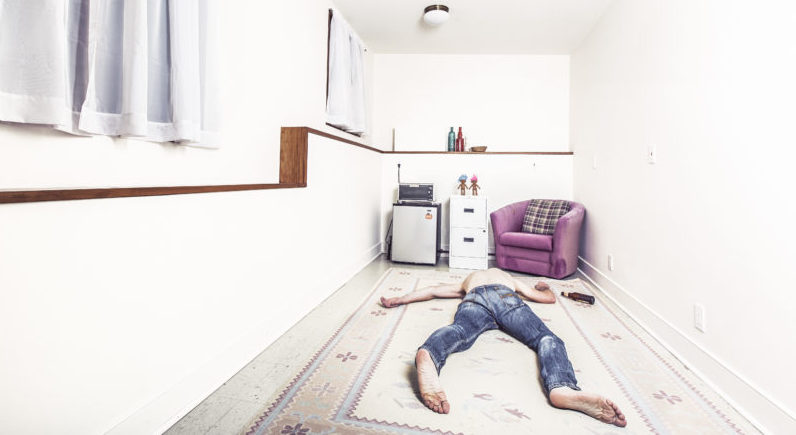Do you have bipolar disorder? Identifying symptoms!
By: James E. DelGenio MS, LCPC
Senior Staff Therapist,
The Family Institute at Northwestern University
Bipolar Disorder formerly known as manic depressive disorder is a mood disorder in which people may have mixed episodes of mania and depression. Check how many of the symptoms below describe you.
__ Rapid mood fluctuations.
__ Negative rumination, (Negative thoughts seemingly on on repeat).
__ Feeling high, euphoric or having inflated self-esteem.
__ Irritable, hostile, angry.
__ Conflict with spouse, family, and friends.
__ Aggressive or risky behavior.
__ Pressured, fast speech, more talkative than usual.
__ Racing thoughts, skidding from subject to subject.
__ Delusions of grandeur, grandiose beliefs or behavior.
__ Poor judgment, lack of insight, false beliefs.
__ Poor self-control.
__ Little or no need for sleep.
__Isolation, withdrawal, no social contact.
__ Impulsive behavior, increased activity, sexual drive, spending.
__ Easily distracted, poor concentration, short term memory issue.
__ Alcohol and substance use or abuse.
__ Bizarre dress and appearance.
__ Thoughts of suicide, homicide.
The above symptoms of depression and bipolar depression are widely accepted. Since these disorders have a biological basis; a psychiatrist manages the medication while the therapist provides treatment and support. The therapist support often includes psychoeducation, symptom reduction and management, increased coping skills and management of other day to day stress such as job loss, school failure, marital conflict and other relationship issues. The psychiatrist, therapist, family, friends and of course, the patient must work together as a team to construct an effective approach to these disorders. The most important aspect of this is good communication.
There are two types of bipolar disorders. They are Bipolar I and Bipolar II. Bipolar I is considered the more severe of the two disorders and has more extreme episodes of mania or depression. It may also have psychotic features such as delusions and paranoia. This generally includes being simply out of touch with reality.
Bipolar II is characterized by milder swings of mania and depression and may have less serious effect on daily routine, relationships or employment. Both bipolar 1 and bipolar ll need ongoing treatment and medication to manage the symptoms well.
• The most common symptoms of bipolar disorders are feeling high (manic), extremely depressed, rapid cycling mood fluctuations, risky behavior, negative rumination and hostility.
• Bipolar disorders require medication, education, ongoing therapy and support.
• Alcohol and drug use should be avoided. Discuss with your doctor.
Zoom!
Now I can work via zoom with anyone, anywhere in the country and it may still be covered by BCBS Insurance. Check with your BCBS representative.
Call James E. DelGenio MS, LCPC, Senior Staff Therapist at The Family Institute at Northwestern University, 847-733-4300 Ext 638.
http://manageyourmood.net
http://family-institute.org
Disclaimer: This material is meant to be used in conjunction with psychiatric treatment, medication, if necessary, and supportive therapy. Always share this material and your questions about this material with your doctor and therapist.
